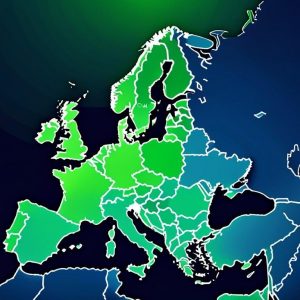Global Patent Filings Hit New High in 2023 Despite Economic Challenges
Patent applications worldwide reached a record 3.5 million in 2023, marking the fourth consecutive year of growth despite economic uncertainty, according to the World Intellectual Property Organization's (WIPO) latest World Intellectual Property Indicators (WIPI) report.
China led with 1.64 million patent filings, followed by the United States (518,364), Japan (414,413), South Korea (287,954), and Germany (133,053). India's rapid economic expansion fueled a significant 15.7% jump in patent filings, reaching 64,480, propelling the nation to the sixth position globally, largely attributed to a surge in domestic applications.

EUIPO's Strategic Plan 2030: Enhancing Europe's Intellectual Property Landscape
The European Union Intellectual Property Office (EUIPO) has published its Strategic Plan 2030, outlining its vision for intellectual property, viz. EU trademarks and designs, and priorities for the next five years. The plan, which takes effect on January 1, 2025, aims to build a "robust, inclusive, and sustainable IP ecosystem" that supports innovation, competitiveness, and economic growth in Europe.

